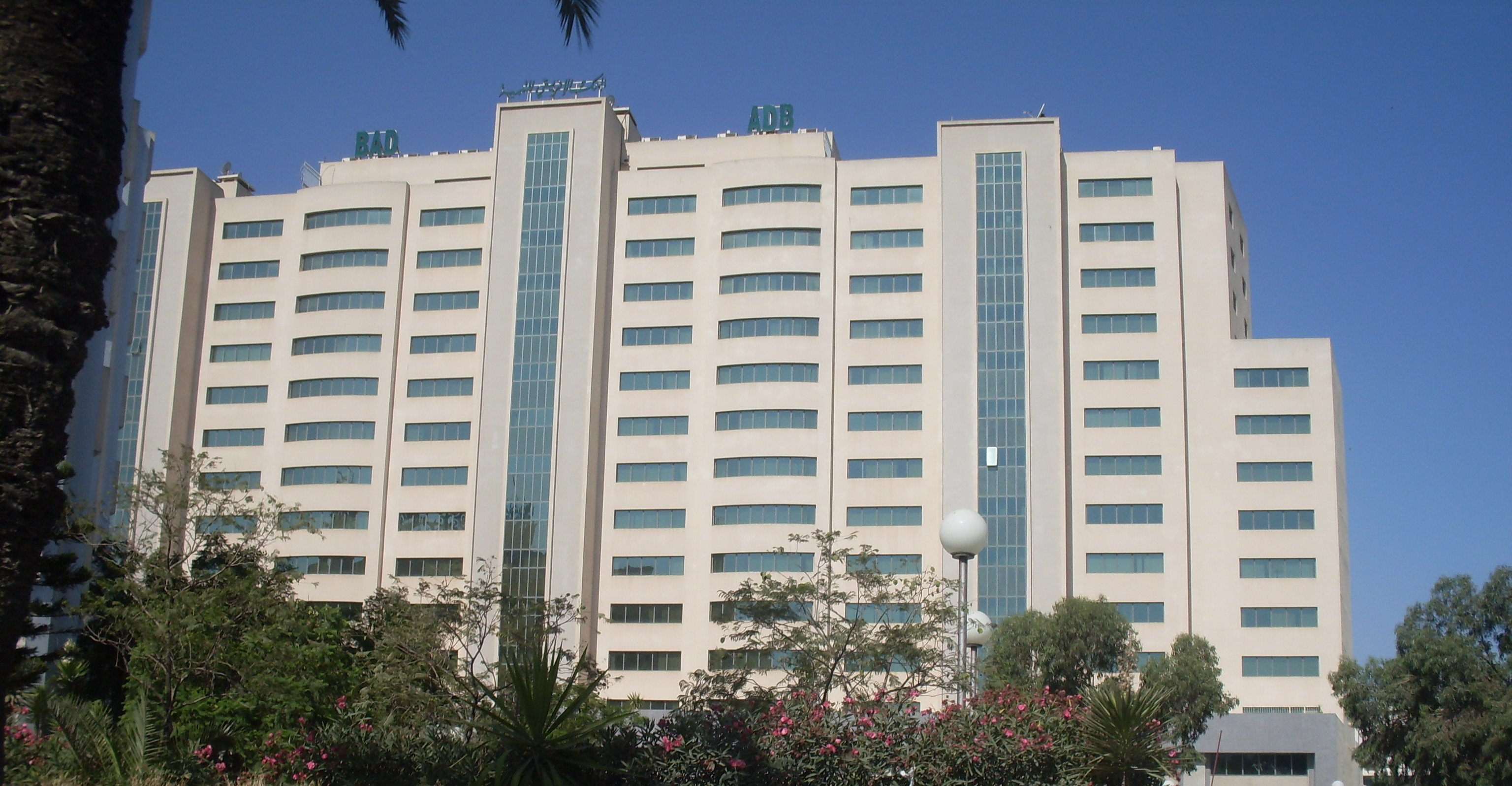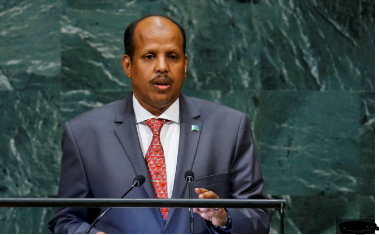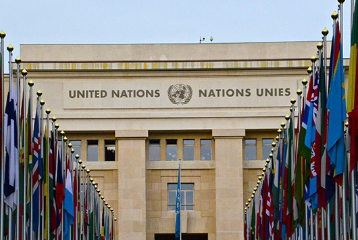The African Development Bank (AfDB) has approve the sum of $1.1 billion for five African countries, including Nigeria, to fight climate change.
The other countries are South Sudan, Kenya, Ethiopia and Somalia.
Dr. Akinwumi Adesina, the President of AfDB, made this known in Lagos that African countries should address climate change challenges.
Adesina made the promise in his goodwill message at the ongoing Feed Nigeria Summit in Lagos.
He said that the money would enable to build medium and long-term resilience to climate change challenges.
Adesina said that the fund would be used to address the current drought challenges arising from climate change in order to avoid famine in these countries.
“Over 4.5 million people in the northern part of the country suffer from risks of severe malnutrition due to droughts.
“Lake Chad is rapidly shrinking.
ALSO SEE: How governors misappropriated N66 billion ecological funds in 18 months
“That’s why I applaud and fully support President Muhammad’s Buhari’s leadership and efforts on rehabilitation of the Lake Chad basin.
”This is because climate change is affecting Nigeria, South Sudan, Kenya, Ethiopia and Somalia,” he said.
Adesina said Africa should embark on agriculture industrialisation and its value chain to transform the continent’s economy.
The theme of the summit organised by AgroNigeria is Feed Nigeria to feed Africa.
Adesina urged governments to provide incentives to food and agribusiness companies located in rural areas through establishment of staple crop processing zones.
According to him, staple crop processing zone, which are vast in agro industries zones, enabled with infrastructure, will encourage food industries’ operators to establish factories in rural areas.
Adesina said investment in these areas would reduce the cost of doing business, create huge market pool for farmers and reduce post-harvest losses.
“These staple processing zones will transform rural Africa into new zones of economic prosperity,” he said.
The AfDB chief stressed the need to approach agriculture as a viable business, adding that Africa had no business importing food.
“Africa has no business importing food. Africa should be a net exporter of food.
“Agriculture in Africa must move away from being treated as a social sector for managing poverty to a business of creating wealth,” he said.

 Health5 days ago
Health5 days ago
 Entertainment7 days ago
Entertainment7 days ago
 Crime6 days ago
Crime6 days ago
 Education1 week ago
Education1 week ago
 Health1 week ago
Health1 week ago
 Comments and Issues6 days ago
Comments and Issues6 days ago
 Football7 days ago
Football7 days ago
 Latest6 days ago
Latest6 days ago













